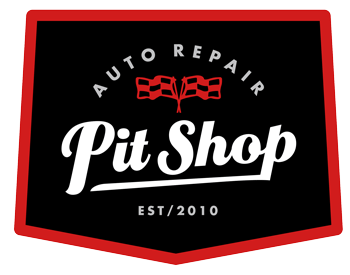In today’s fast-paced environment, a dependable vehicle means everything. Fortunately, keeping your car fully-functional and avoiding inconvenient (and costly) repairs requires little besides thoughtfully attending to routine maintenance. Of course, the owner’s manual provides the most thorough information, but here’s a look at what many manufacturers recommend servicing and when:
Fluid Check/Oil Change – 3,000 to 7,000 Miles
Although instructions will differ depending on your model, general guidelines say to change motor oil and filters somewhere in this range. Also, consider having other vital fluids checked at this time, as well (wiper fluid, power steering fluid, transmission fluid, coolant), along with tires, exterior lights, and windshield wipers.
Battery, Filters and Other Vitals – 15,000 to 30,000 Miles
- Every 15,000 miles driven means you likely need a new air filter.
- At 20,000 miles, the battery and coolant should get checked and replaced/refilled when necessary.
- At 25,000 miles, the fuel filter should be checked and likely replaced.
- At 30,000 miles, check the air filter again and do a coolant check. This mileage point also means radiator hoses, brake pads, HVAC system, coolant, and suspension components need inspection.
Spark Plugs, Battery and Ignition – 35,000 to 50,000 Miles
- With every 35,000 miles, experts recommend having your battery tested.
- 40,000 miles – At this point, spark plugs and wires show wear-and-tear, so replacement is usually necessary. A suspension and ignition system check should also be performed, but if everything checks out, repeat these inspections at 45,000 and 50,000 miles.
Tires, Brakes, Fluids, HVAC, and Suspension – Every 60,000 Miles
If you’ve gotten this far, you’re nearing 100,000 miles, so more advanced evaluations are needed. Most technicians advise having coolant, timing belt, brake pads and fluid, power steering fluid, and radiator hoses inspected every 60,000 miles. Experts also advise having brake pads/brake fluid, coolant, timing belt, radiator hoses, and power steering fluid checked and serviced. Suspension parts, the HVAC system and tires also need quality checks.
100,000 Miles = Major Service
By the 100,000 mile marker, your vehicle’s performance starts to suffer, which means it needs some thorough TLC:
- Belts – Have these critical parts checked for cracks, uneven wear, missing ribbing, stripping, or marring. If damage goes unnoticed, belts can break and wreak havoc on an engine.
- Fluids – Have oil, brake fluid, coolant, power steering fluid, and transmission fluid looked at to avoid buildup and future damage.
- Brakes and Tires – Although these parts should have been evaluated several times by this point, they could fail completely if not fully serviced by 100,000 miles.
For all your vehicle’s maintenance and repair needs, call Pit Shop Auto Repair in Libertyville, IL today!
